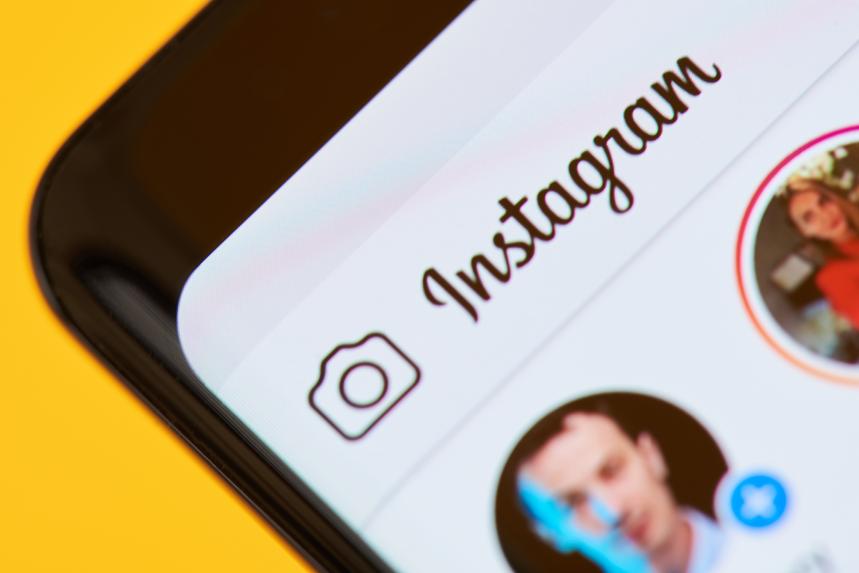Social Media impacts on Personal Injury Claims
Social media impacts Personal Injury claims in a variety of ways and can have a significant impact on personal injury claims outcomes. Here are some key points to consider:
- Evidence Collection: Insurance companies and defense attorneys often monitor social media accounts for evidence. Posts, photos, and comments can be used to challenge a claimant’s version of events or to undermine their credibility.
- Inconsistent Statements: If a claimant posts about their activities or well-being that contradicts their injury claims, it can be used against them in court. For example, posting pictures of engaging in physical activities can suggest that injuries are less severe than claimed.
- Privacy Concerns: Many individuals underestimate their privacy settings, leading to unintended public exposure of sensitive information. Even private accounts can be accessed if the information is shared or if the account is hacked.
- Emotional Impact: Social media can amplify feelings of isolation or distress for those recovering from injuries. The constant comparison to others’ lives can affect mental health, which may, in turn, impact recovery.
- Public Perception: Social media shapes public perception of personal injury claims. Misunderstandings or negative portrayals of claimants can influence jury attitudes and outcomes.
- Settlement Negotiations: The presence of social media evidence can affect negotiation strategies. If evidence exists that could weaken a case, claimants may be pressured to settle for less than they deserve.
- Legal Strategy: Attorneys may advise clients to limit social media activity or avoid it altogether during litigation to minimize risks. Clear guidelines can help protect the integrity of the claim.
- Influence on Jury Decisions: If a case goes to trial, jurors may research parties involved online, which can lead to bias based on social media impressions rather than the evidence presented in court.
- Viral Attention: High-profile cases can attract significant social media attention, leading to public scrutiny and pressure on legal proceedings.
- Potential for False Claims: Social media can lead to the proliferation of false or exaggerated claims, which can harm the credibility of legitimate cases and fuel skepticism about personal injury claims overall.
The bottom line is that social media poses several risks for personal injury claimants that can jeopardize their cases. Posts, photos, and comments can be scrutinized by insurance companies and defense attorneys, potentially undermining a claimant’s credibility. Inconsistent statements or evidence of physical activity can be used to challenge the severity of injuries. Additionally, privacy settings may not be sufficient to protect sensitive information, and public scrutiny can influence juror perceptions. Claimants may also feel pressured to settle for less due to the potential negative impact of social media evidence on negotiations. To safeguard their claims, it’s crucial for individuals to limit social media activity and be mindful of what they share online during the legal process..
If you feel you have a personal injury claim or have been injured, call the Personal Injury Attorneys at Fonvielle Lewis Messer & McConnaughhay today for a FREE Case Evaluation!!






